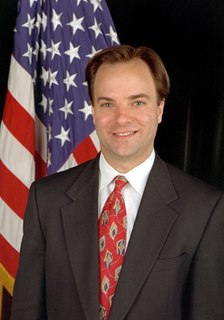A Quote by Alex Berenson
Microeconomics is the study of how specific choices made by businesses, consumers and governments affect the markets for different goods and services. For example, a microeconomist might examine how price changes affect sales of apples relative to oranges.
Related Quotes
Oil is a tangible commodity, so there is a global market. The fact that we may need less may affect the global price because we're big consumers: we probably take about a quarter of global demand. But if suddenly, let's just use a crazy example, fighting in the Middle East led to the closure of the Strait of Hormuz and no oil could get out through the Strait of Hormuz, well that would affect China, India, Europe, it will affect the whole global economy. It will affect us, too, then.
In certain circumstances, financial markets can affect the so-called fundamentals which they are supposed to reflect. When that happens, markets enter into a state of dynamic disequilibrium and behave quite differently from what would be considered normal by the theory of efficient markets. Such boom/bust sequences do not arise very often, but when they do, they can be very disruptive, exactly because they affect the fundamentals of the economy.
I don't write songs that don't affect me on some level, because I figure if I am not moved by it, if its not something that I have a longing to celebrate or to be reminded of, if it doesn't affect me, then how can I possibly think it is going to affect somebody else. My touchstone is write something that matters.


































